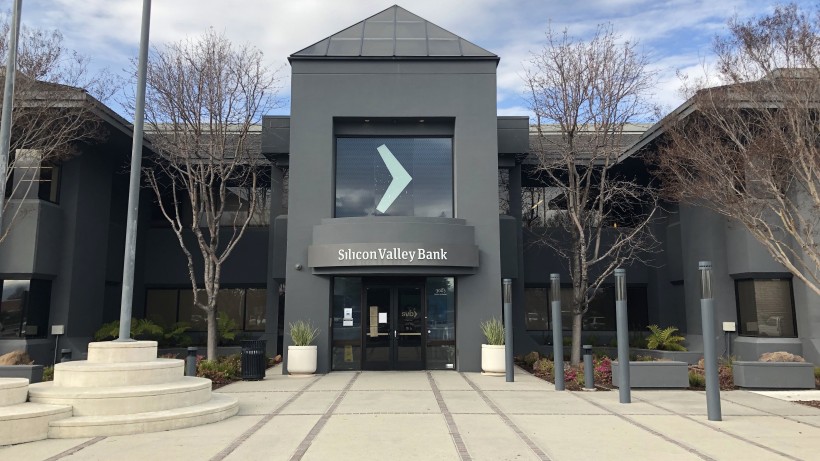On Friday, a lynchpin of the American startup ecosystem failed. Silicon Valley Bank collapsed under a bank run and was seized by California regulators.
Startup founders wondered aloud on social media about the extent to which Canadian companies might become embroiled in the crisis, either directly or by way of financial contagion.
Their concern was fuelled not just by the size of SVB — the 16th largest financial institution in the United States at the time of its failure, which in turn represented the second-largest bank collapse in U.S. history — but by the nature of its business dealings.
SVB was the main place Bay Area startups, venture capitalists and tech workers kept their money. If the technocrats at the centre of a global innovation network suffered heavy losses, that threatened to create ripple effects for everyone they did business with, and many Atlantic Canadian startups have relationships with Silicon Valley VCs and accelerators.
U.S. regulators, though, have taken swift action to address fears of contagion. On Sunday, the Federal Deposit Insurance Corporation, or FDIC, announced it will make whole not just SVB depositors with accounts worth less than $250,000, the normal cap for deposit insurance, but also larger corporate account holders. And the Federal Reserve has created a new loan facility for companies affected by the crisis.
On Sunday, the Business Development Bank of Canada said, "Members of the BDC team are currently reaching out to our direct and indirect clients with potential exposure, including fund managers, to better understand the impact of this news on them."
Direct exposure to SVB from Atlantic Canadian startups is almost certainly minimal, and nobody from the Atlantic Canadian innovation economy that Entrevestor spoke with Monday was aware of any startups with SVB accounts. The bank had an office in Toronto, which had its assets seized Monday by the federal Office of the Superintendent of Financial Institutions, but that branch did not take deposits from Canadians. Instead, it specialized in giving loans.
Doug Robertson, CEO of New Brunswick startup support group Venn Innovation, said in an interview that it is too early to know the full economic implications of the SVB collapse, including for Atlantic Canadian entrepreneurs, but that so far the risk does not look acute.
“I think, by and large, the Canadian financial system is one of the strongest in the world,” he said, adding that he commended regulators on both sides of the border for their swift responses. Over the weekend, decision-makers from Venn, Communitech in Kitchener, Ontario and other accelerators across Canada were in communication as they prepared to lobby regulators to respond decisively, but both the FDIC backstop and the seizure of SVB's Canadian assets ultimately came unprompted by Robertson and his peers.
SVB was a pioneer in the world of venture debt — financing deals whereby early-stage companies compensate for a lack of collateral by offering a lender warrants as part of the debt servicing. Whether the bank gave any such loans to Atlantic Canadian companies remains unclear. It lists only two clients on its Canadian website, Ontario-based startups Borrowell and Nicoya.
So far, only one Canadian business, Toronto adtech startup AcuityAds, has said it had significant deposits with SVB’s U.S. operation.










